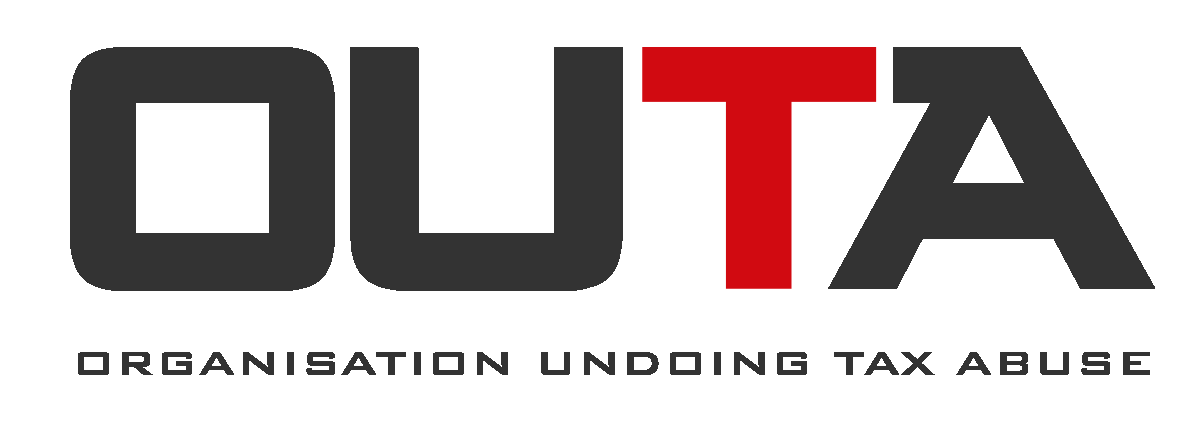Graphic: OUTA
A welcome fuel price reduction may be hijacked to increase fuel levy in place of e-tolls
All indications are that South Africa’s price of petrol and diesel will reduce by around R2.60 and R2.30 per litre respectively on 7 September, the first Wednesday of the month. This is due to the lower price of oil on the international market, which traded at an average of just over $100 per barrel during the month of July and dropped to around R91.50 (around 9% lower) for the first half of August. In addition, the rand has strengthened by around 2% against the US dollar for the same period.
The combined impact of these two major factors will have the most significant impact on the basic fuel price (BFP) component of petrol and diesel prices. This will see the inland petrol price of 95 octane drop from R25.43 per litre to around R22.83/l. Diesel will similarly reduce from R24.54/l to around R22.24/l if the current oil price and rand strength remain.
While this reduction will most certainly be cherished, even at the expected price of R22.83/l for next month, this is still 25% above the price of R18.34/l in September last year.
However, OUTA is concerned that the Minister of Finance Enoch Godongwana may seize the opportunity of this petrol price reduction to increase the fuel levy by 25c to 30c per litre, in order to raise additional revenue to cover the Gauteng freeway improvement bonds, which the e-toll debacle has failed to do.
“Recently, Minister of Transport Fikile Mbalula indicated that an announcement on the e-toll decision is expected to coincide with the Minister of Finance’s medium-term budget policy statement, due in October,” says Wayne Duvenage, OUTA CEO. Furthermore, there have been strong hints that the Minister of Finance will increase the fuel levy, to off-set the scrapping of e-tolls. “Should this happen, OUTA will denounce this decision on the basis that the fuel levy has already been increased in excess of R2.50/l since the Gauteng freeway upgrade began in 2008. Government failed to take up OUTA’s suggestion of a ring-fenced 10c/l increase to the fuel levy some eleven years ago which would have settled the freeway bonds by today.”
Our government has made extremely poor decisions in the past, not only on the various fuel levies and taxes, but also on the road financing options available to it. Short-term financial gains lead to long-term negative ramifications for taxpayers. By increasing the fuel levy by 25c/l, an additional R5.5 billion will flow into Treasury’s coffers each year. Compare this to a correctly priced Gauteng freeway upgrade, which ought not to have cost the state more than R0.5 billion a year to finance this capital investment over 20 years.
We’ve seen this movie before, when government makes desperate financing decisions based on short-term external factors, only to see the negative ramifications play out in the long term. A classic example of this happened when the petrol price dropped from slightly over R14/l in mid-2014 to R10.31/l some eight months later in February 2015, and the then Minister of Finance Nhlanhla Nene decided to introduce massive and unnecessary increases to both the general fuel levy and the Road Accident Fund levy of 30c/l (14%) and 50c/l (48%) respectively. This decision alone added roughly R17 billion to Treasury’s coffers each year, and permanently adding 80c/l to the price of fuel.
These short-decisions may provide government with quick-fix short-term tax gains, but they have a detrimental impact on the country over the long term. Government should instead be looking at introducing greater efficiency into managing the country’s affairs, as opposed to seeking ways to lean more heavily on its taxpayers.
More information
A soundclip with comment by OUTA CEO Wayne Duvenage is here.
